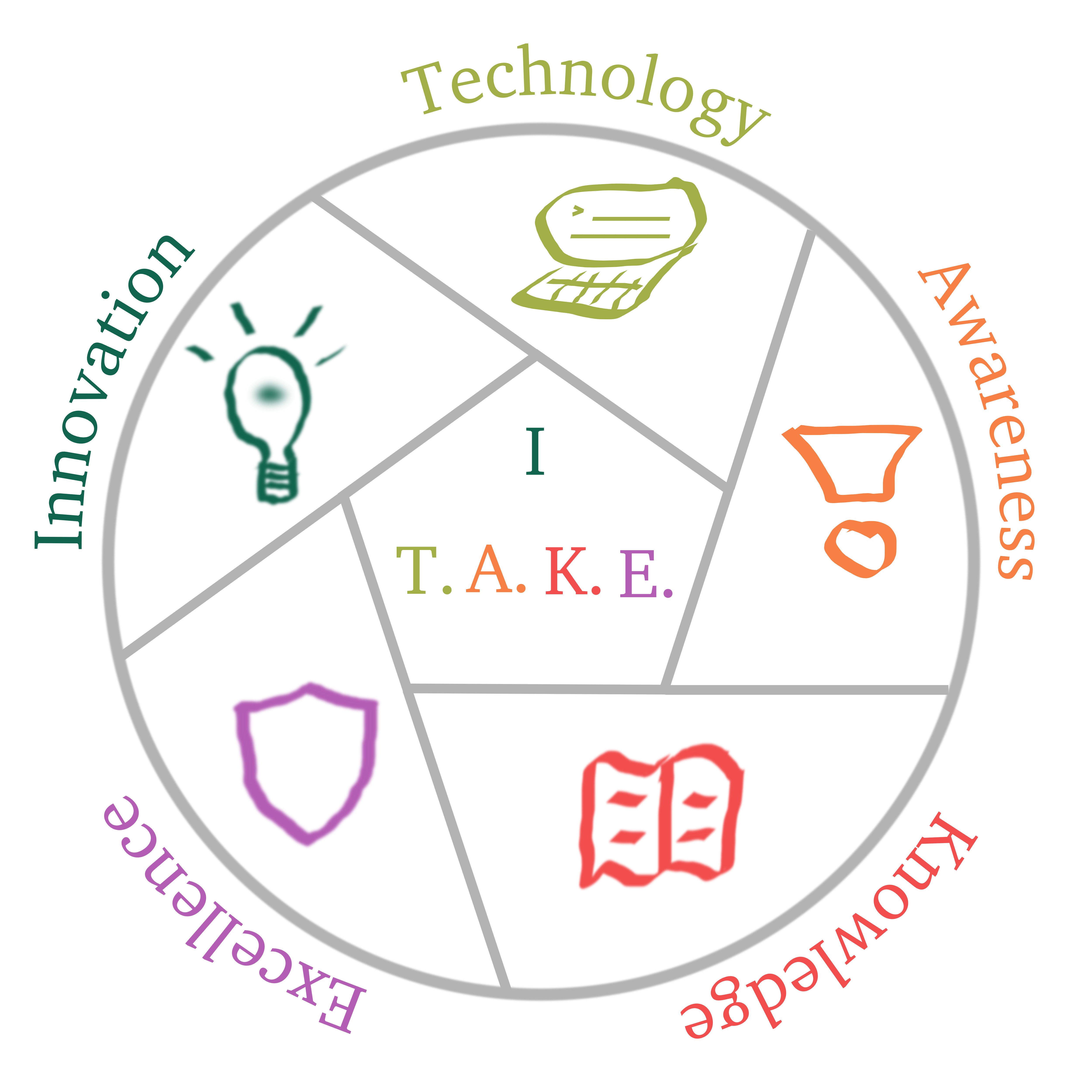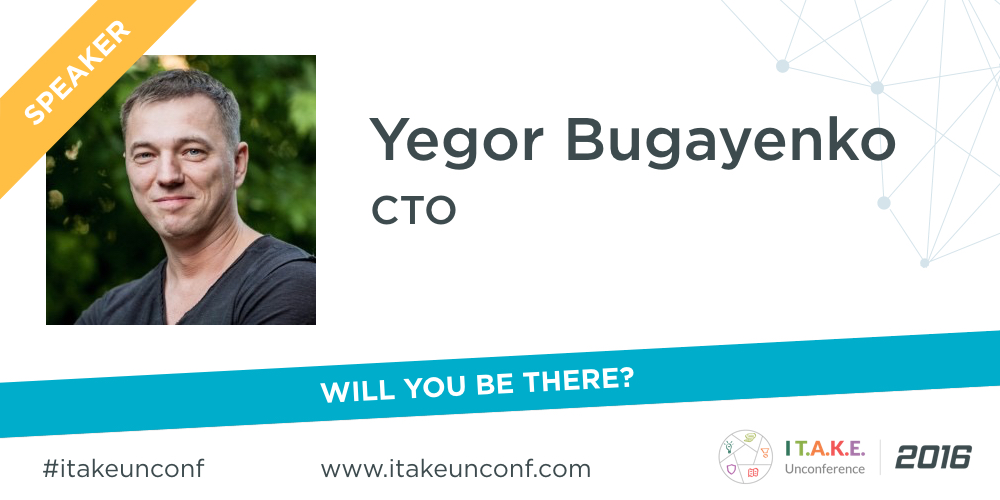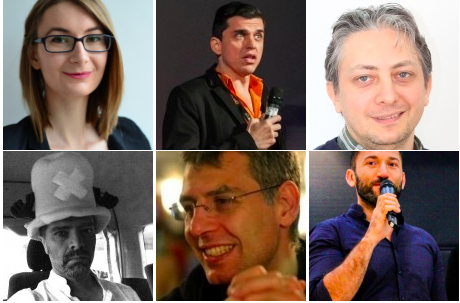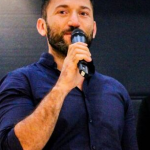
Enjoy the following series of interviews with the speakers, top-notch software crafters from across Europe, joining I T.A.K.E Unconference, Bucharest, 19-20 May. Discover the lessons learned and what drives them to challenge the known path in their field.
Hugo Messer, founder of Bridge Global, will join I T.A.K.E Unconference as speaker. In his workshop, the participants will learn more about how to successfully manage remote teams.
#1. SHARE TOP 5 THINGS YOU DID THAT HELPED YOU GROW & BECOME THE PROFESSIONAL YOU ARE TODAY
- Starting my own software development firm, offering IT outsourcing
- Focusing 10 years on growing the company and learning how to grow a company, manage IT projects and people
- Always reading a lot of (management) books to keep educating myself
- I attend conferences and trainings regularly
- The last years I’ve invested in learning how to share my experience and knowledge with others through speaking and training
#2. What challenges will the participants find solutions to during your session at I T.A.K.E Unconference 2016?
During the session they will find out more about:
- common pitfalls within distributed teams > how to make distributed teams work
- communicating across cultures, distance and timezones
- how to apply agile to distributed teamwork
I’ve shared about the session in this video as well.
#3. What else would you like to share with participants
I’m an entrepreneur and have worked in the software development world for over 10 years. I am a pragmatic person, most of what I learned was by doing it myself. I love starting and building companies and I also love figuring out ways to make things work better. I’m passionate about working with distributed teams, because I believe it enables people to work from anywhere, it enables companies to hire great people everywhere. I’ve seen that people struggle when working in distributed teams and I’ve created the ‘distributed agile path’ to help people with this. I’ve also written 6 books about managing distributed teams.
I love reading books about management, entrepreneurship and spirituality. I also love the stuff of Tim Ferris. My hobbies are cooking, travel and playing with my kids.
Want to join Hugo and many more software crafters from around Europe?












